U.S. President Donald Trump’s pick to lead the Commodity Futures Trading Commission (CFTC), Mike Selig, emphasized during his Senate confirmation hearing that he aims to advance the administration’s vision for a stronger and clearer U.S. regulatory framework for cryptocurrencies. Speaking before the Senate Agriculture Committee — the body responsible for overseeing the CFTC, one of the nation’s primary crypto regulators — Selig highlighted the need for rules that support innovation while protecting investors.
Selig described the moment as a pivotal opportunity for the U.S. to establish a modern regulatory structure for digital assets. He stressed the importance of enabling blockchain developers, supporting compliant crypto exchanges, and ensuring appropriate disclosure standards similar to those in traditional financial markets.
The CFTC has been led by Acting Chair Caroline Pham since early 2025, following Trump’s appointment. Pham has pursued an ambitious crypto agenda but has awaited a permanent successor. Trump’s earlier nominee, former Commissioner Brian Quintenz, was withdrawn, delaying the transition. With the committee already planning to consider Selig’s confirmation, he could soon lead the agency as its sole commissioner — a situation that may streamline crypto policy decisions but has raised questions about potential legal vulnerabilities due to the absence of a full bipartisan panel.
Selig currently serves within the Securities and Exchange Commission’s Crypto Task Force, giving him deep insight into the complex regulatory issues facing the industry. During the hearing, he addressed decentralized finance (DeFi), noting that blockchain applications vary widely and shouldn’t all be treated as traditional financial services. He urged policymakers to evaluate on-chain markets based on their specific features and intermediaries involved.
Lawmakers also voiced concerns about staff shortages at the CFTC, which has seen a 20% reduction amid federal workforce cuts. While Selig did not commit to expanding staff, internal sources suggest renewed emphasis on enforcement and hiring experienced prosecutors for a specialized trial unit.
Selig also highlighted the critical role of bitcoin mining infrastructure, asserting that mining facilities should be built and protected within the United States.













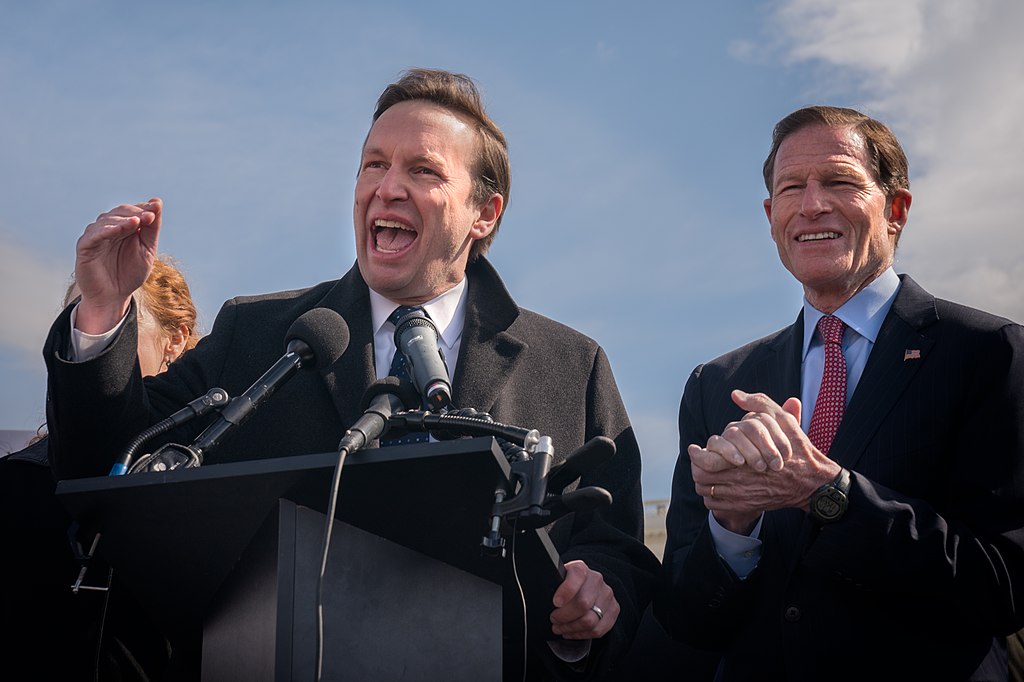

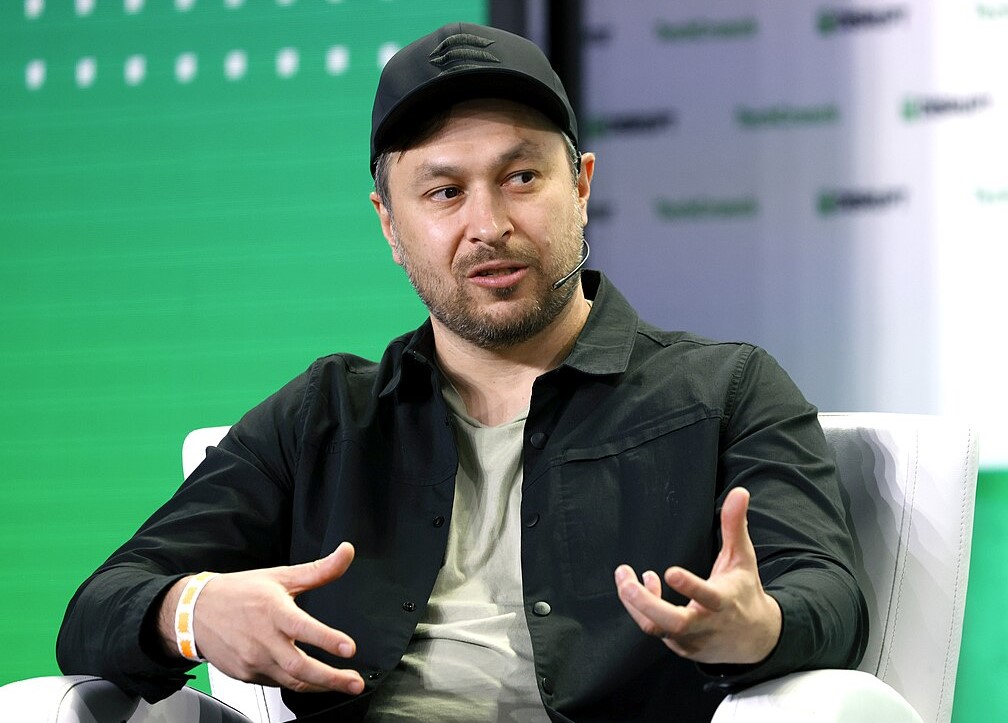



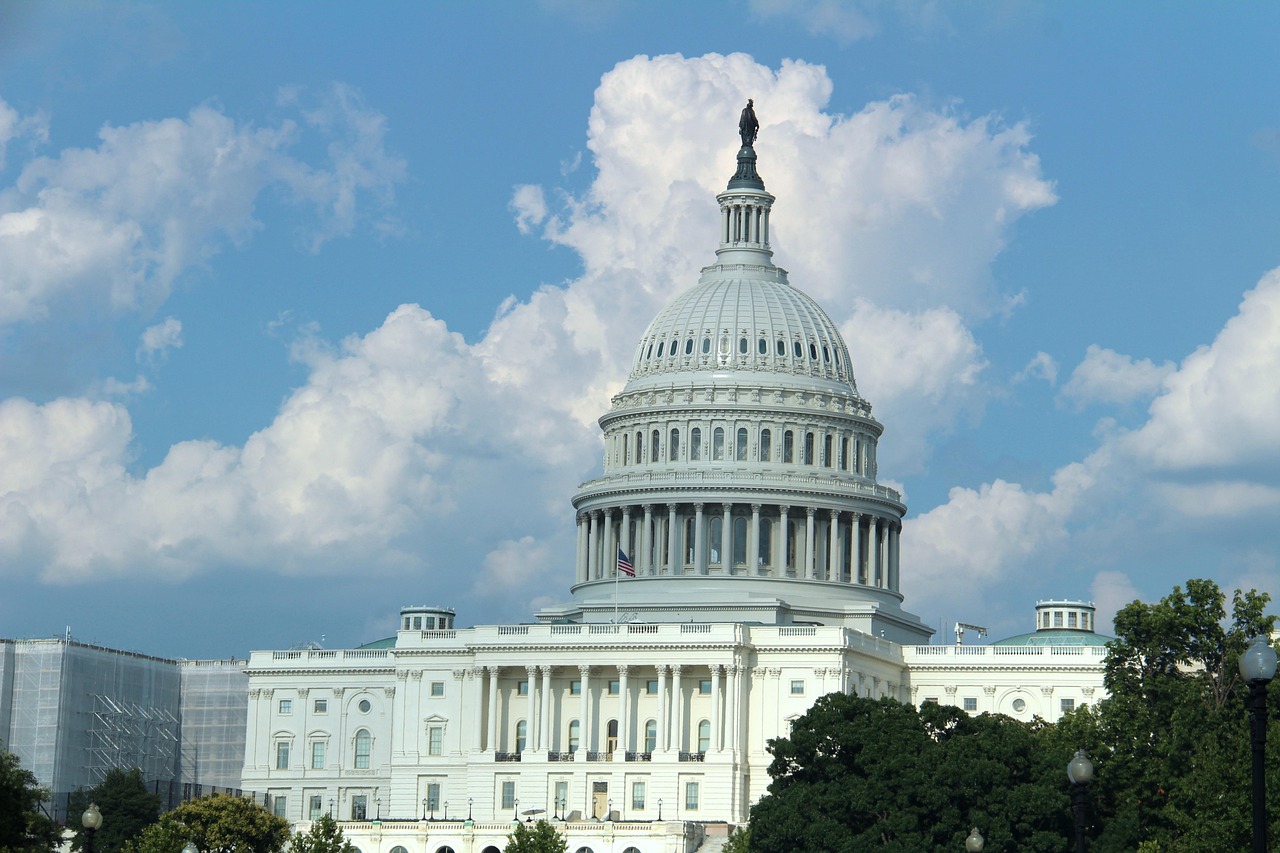

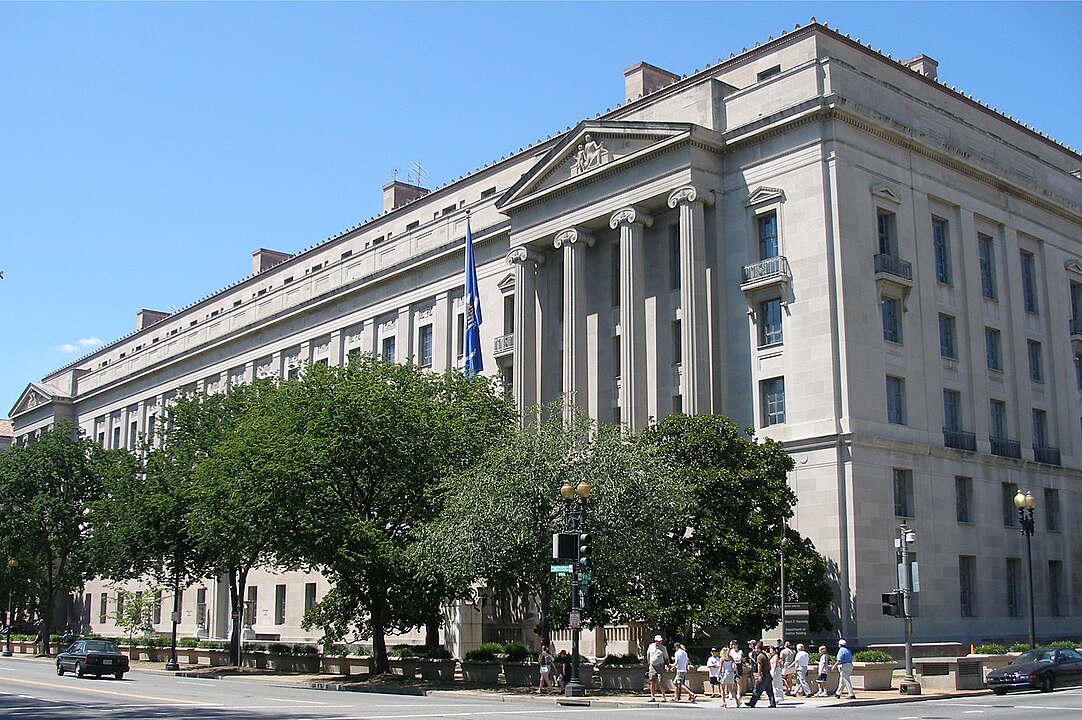
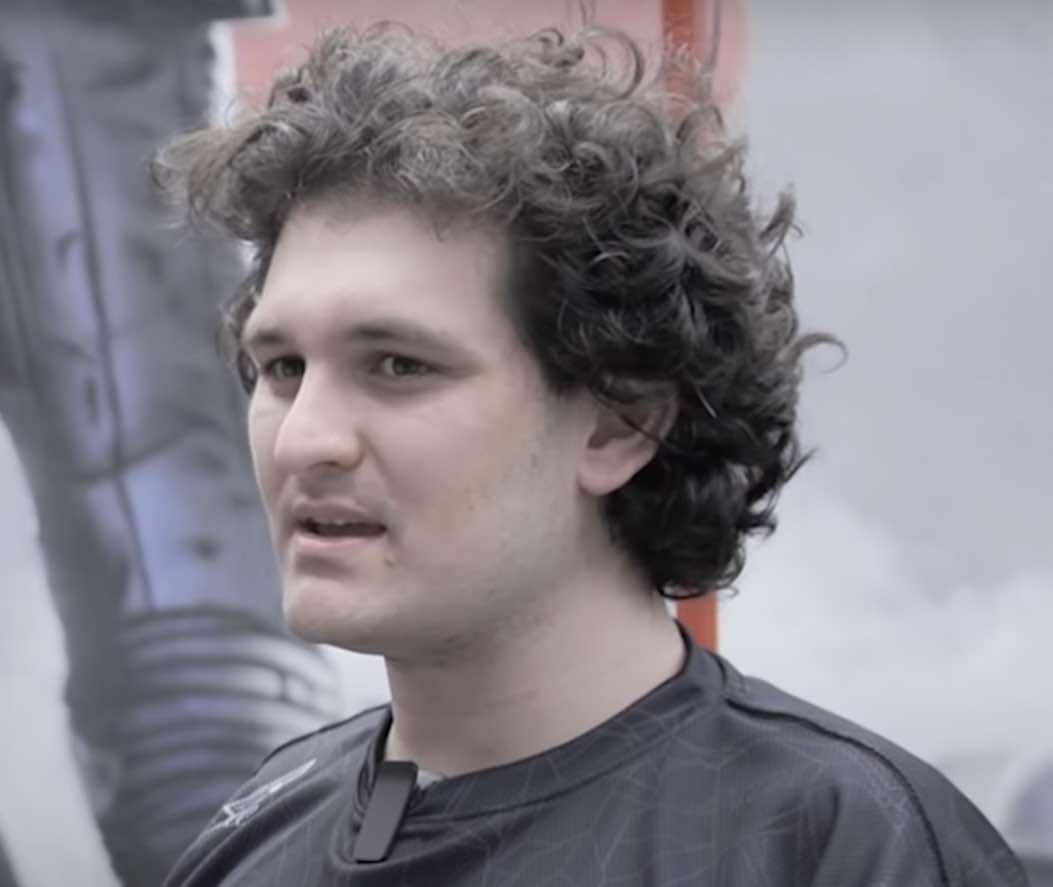


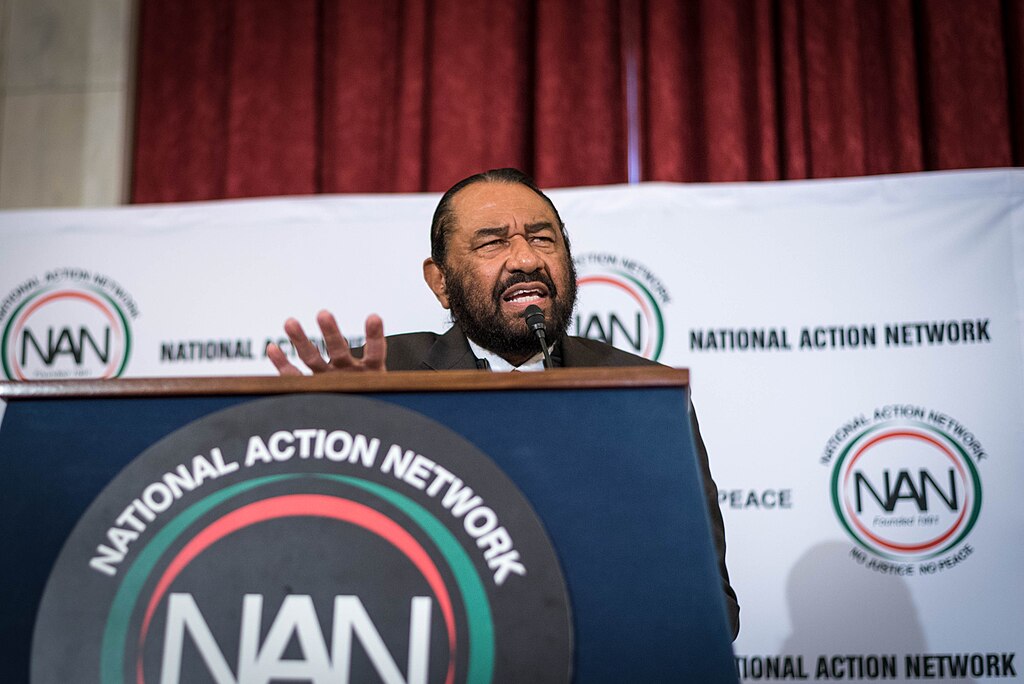

Comment 0